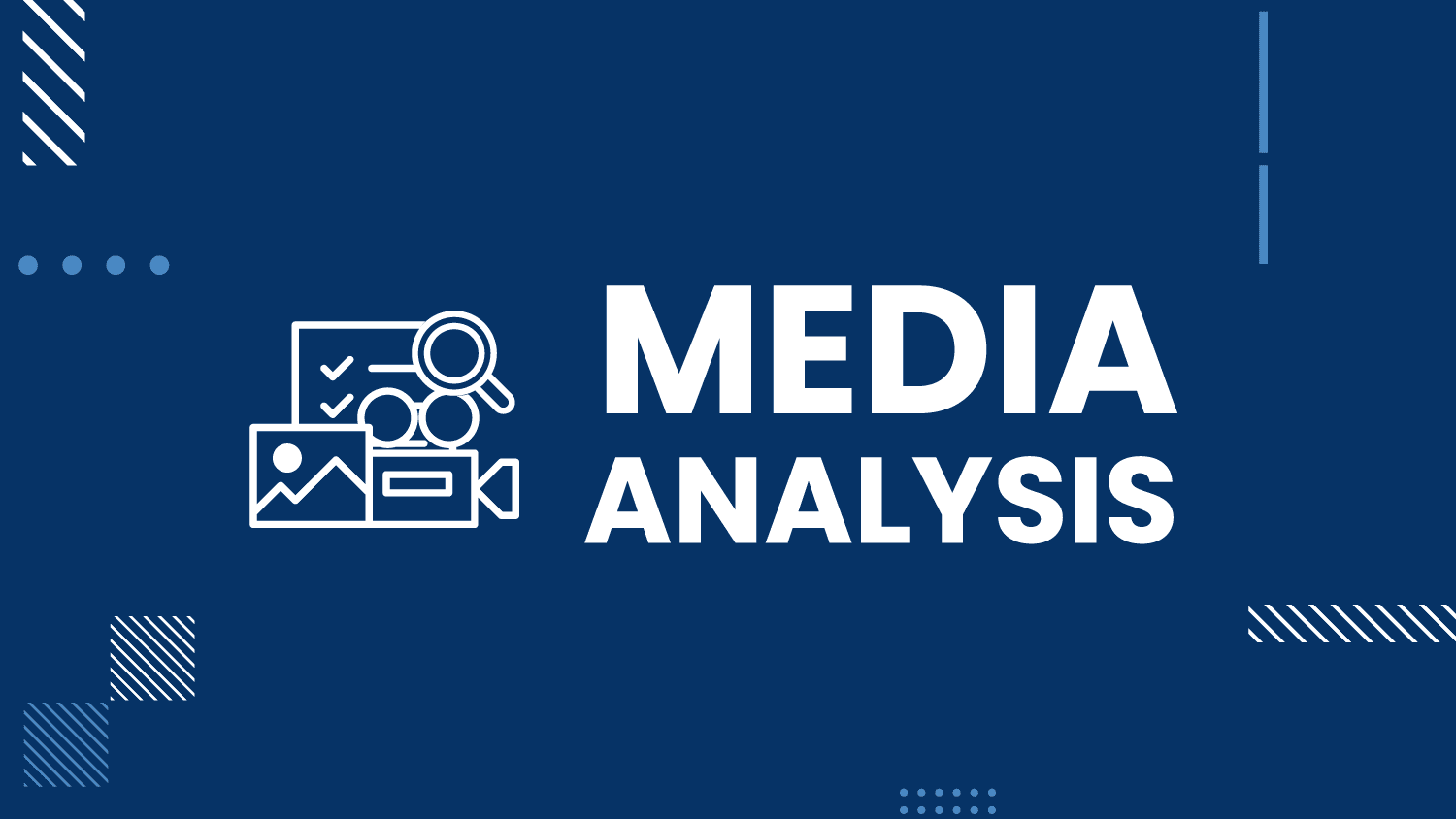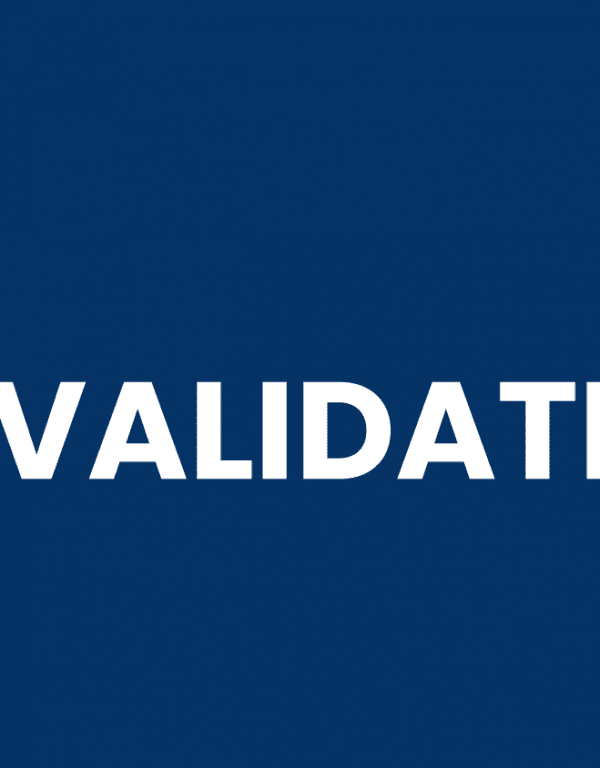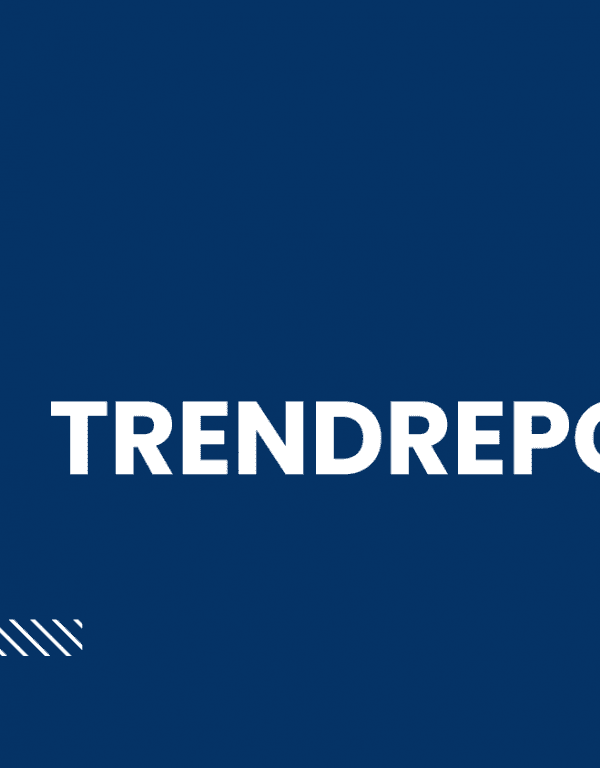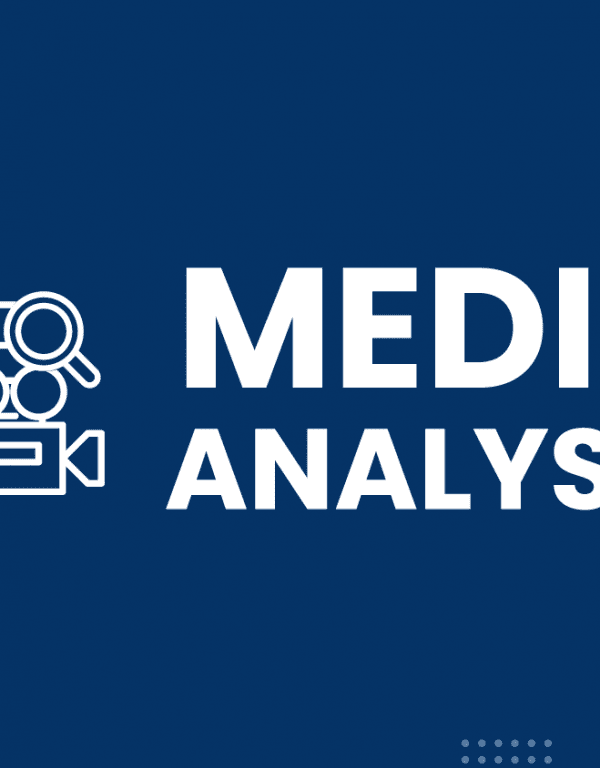
The news-is-free business model is crumbling.
Starting today, the Worcester Telegram & Gazette will charge non-subscribers for staff-generated articles. Non-subscribers can access 10 staff-produced articles per month before being charged, either $1 per day for one day’s access or $14,95 per month. Subscribers don’t have to pay for online access.
Wire-service content is available for free.
As the Globe’s Johnny Diaz reports: “The T&G joins a small but growing list of newspapers, such as The Wall Street Journal and Newsday, that already charge for some access to their websites. In Massachusetts, The Standard-Times of New Bedford, part of News Corp., which owns the Journal, started charging in January for its website, southcoasttoday.com. Online subscribers, for example, are charged $3.37 a week, which provides access to all articles, blogs, and video.”
The Globe has not announced any plans to establish a paywall. However, as a sister paper to the T&G, which is in turn owned by the New York Times which has announced plans to start charging for online access, it’s only a matter of time before the Globe establishes its paywall. The same is true for the Herald, since the Journal has charged for online access for years.
Not all paywalls are successful. Newsday spent millions of dollars to establish their paid online access policy, but generated only 35 subscribers in its first three months.
Nonetheless, we dubbed 2010 to the year of online subscriptions because we figured this was the year that online media companies would come to that realization — including the fact that online advertising alone won’t generate enough money to subsidize free access. They’ve got to find a way to make online content pay for itself.
Over the next three to five years, we expect most newspapers and magazines will have to have a paywall. There will be a domino effect, as more sites find a way to charge for online access, an growing number of sites will adapt paywalls.
The implications for PR functions may be a bit of back to the future. In the past, if an article appeared in a newspaper in one market, you assumed it only reached readers in that market; and for a while, the Internet broke down geographical barriers, and you could access an article in the UK’s Guardian as easily as accessing a newspaper around the country. But, as paywalls become the standard, not the exception, articles that appear in the Guardian may not show up on search engines — so we’re back to articles in one market not being seen in other markets.
In an increasingly fragmented society, paywalls will be another obstacle to reaching a mass audience.
I will be further discussing the paywall implications in another article this week.



